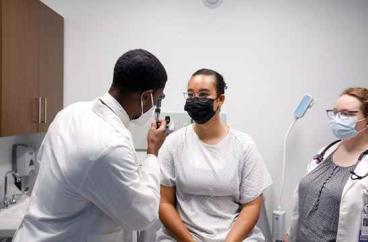In OACA, we are reimagining health by driving innovation and discovery through collaborations across the University, advancing interdisciplinary training and education, and being a strong partner to the state, industry and community. From rural health to trauma-informed care simulation training, and improving health in our communities, here are our top 10 most-read stories from the Office of Academic Clinical Affairs in 2022.
10) Announcing the Project REACH 2022-23 Cohort
Project REACH is a year-long program that provides diverse community leaders in rural Minnesota with health policy and leadership training.

9) Driven to Serve Underserved Communities
Fatima Shaba, a second year medical student who volunteers for the U's Mobile Health Initiative (MHI), is interested in mobile health because she can help communities that have less access to medical care. She says, “Working with these communities with MHI is rewarding because it helps me meet patients where they're at—eliminating barriers to care including money, distance, and language.”

8) Social Isolation of Older Adults in the Iron Range
Ann Bussey, one of the three inaugural members of the Project REACH cohort, is working to leverage the Minnesota State Library Services 2022-2024 Five-Year Plan to prioritize digital inclusion and digital literacy programs that champion Minnesota’s rural older adults.
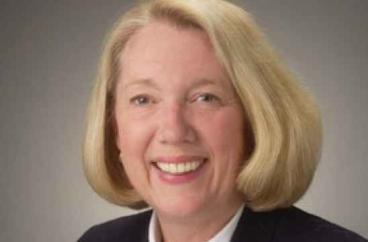
7) Catalytic Philanthropic Support for U’s Community-University Health Care Center Provides Urgent Health and Medical Services
The University of Minnesota’s Community-University Health Care Center received a $1 million philanthropic investment from the Richard M. Schulze Family Foundation to help meet the health care needs of those who are working and still face challenges in accessing vital medical and dental services due to limited incomes.
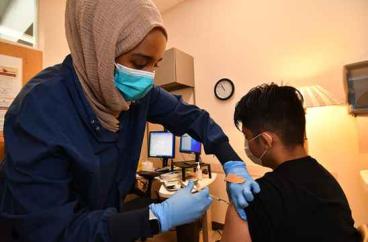
6) Announcing the OACA Interprofessional Internship Program 2022-23 Cohort
The Office of Academic Clinical Affairs’ third cohort of students in the Interprofessional Internship Program includes 15 students from across the health sciences who have been accepted and matched with core projects with clinical and community partners in Minnesota. The theme of this year’s program is to work in cooperation with those who receive care, provide care, and support the delivery of health services, programs, and education.

5) Improving Patient Outcomes Through Pharmacist-Led Comprehensive Medication Management
A recent Agency for Healthcare Research and Quality funded grant addresses transition of care for patients from the hospital to community setting at the Community-University Health Care Center and other federally-qualified health centers. “The goal is to implement comprehensive medication management as part of this transition so when patients go home and have questions, they have a pharmacist to support them,” said Professor of Pharmacy Joel Farley, PhD.
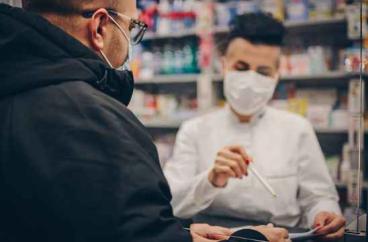
4) Interprofessional Internship Provides Real World Experience for Solving Big Problems in Health Care
“As an OACA Interprofessional Intern, I was elevated within the organization to improve strategic goals and initiatives for the clinic and transform interprofessional education and collaborative practice,” said Ally Taubenheim, DNP, APRN, CPNP.
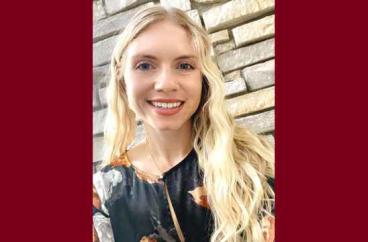
3) Student-Run HOPE Clinic Reopens
Located within the Churches United in Ministry Center in Duluth, the HOPE (Health of People Everywhere) Clinic provides free acute care to underserved populations, especially those experiencing homelessness residing at the center. Students volunteering at the HOPE Clinic gain hands-on health care experience, as well as learn how to manage a clinic and work in interprofessional teams.
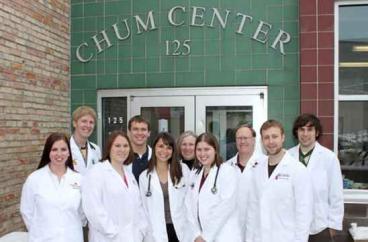
2) First-of-its-Kind Trauma-Informed Care Simulation Series Will Help Train Sexual Assault Nurse Examiners Across Minnesota
M Simulation piloted a new training on trauma-informed interviewing to help prepare sexual assault nurse examiners to care for patients who have experienced sexual assault or abuse. The pilot training also aims to advance transgender health care.
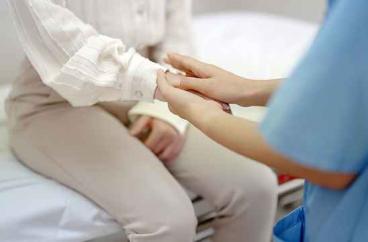
1) A Standardized Patient's Experience
Four years ago, Senait Judge-Yoakam had just graduated from college with a double major in dance and neuroscience when a friend mentioned she might be a good fit for M Simulation’s Standardized Patient (SP) program. SPs are trained to portray individuals—from patients with specific medical conditions, concerns, and histories, to clients, family members, and health care professionals—in simulated clinical scenarios used in health care education and training.
